Big Shot, Part 1: Americanization of Me
By Simeon Den
Simeon Den (far left), his father (center), and family
I have always been a little embarrassed to admit that I cannot speak Ilocano, the dialect of Filipino that my parents spoke. Actually, growing up in Hawaii it was not unusual for most of my friends, who are second generation Asians to speak only English, or at least the broken, Hawaiian “pidgin” English patois that is spoken by the Locals. But I regret that my working knowledge of the language is limited to a few of my favorite Filipino foods, the requisite polite Hello/Goodbye to relatives, and a few choice very descriptive cuss words… of which one very commonly used damns and curses a mothers birth canal.
“You like know why we never went teach you kids Filipino?” my mother asked me in that aforementioned “pidgin” vernacular. “Was because of da prejudice against us locals during da War. They put the Japanese families in concentration camps, for God’s sakes! We never taught you kids how for talk Filipino because no need! For what? So that they can treat you like 2nd class if you no can talk like one haole? You kids no need learn for talk Filipino.” For our parents there was obviously “no need” to speak Ilocano at the time because there was a greater need, an urgency for them to assimilate us into American culture and an obligation to outwardly prove that their children were equals to haoles, to become more “American” than American.
The plan was to integrate, to homogenize and Americanize, to learn to act like them. We would become the new class of golden brown citizens, well-behaved, law abiding, Christian children, adequately adept at speaking standard Mid-Western, American English without an accent, who when properly schooled would “fit in.”
However advantageous it may have seemed to our parents, the fall-out of this self-inflicted integration led to a dissipation and eventual erasure of various cultural identities, ethnic practices, and histories, which were replaced by a deluded sense of inclusion as full-fledged Americans and, rather, created a new class of neo-colonized natives.
Personally, the Americanization of Me also had an unexpected negative effect within my family and particularly on the relationship with my father. My father was illiterate, spoke only Ilocano and only very broken English. Due to that language disconnect. I knew very little about my father except for the snippets of stories and gossip garnered from my uncles and aunts, and information I had surreptitiously acquired stored in a beautiful mahagony dresser. In the top drawer my father had locked away, in a intricately detailed ebony box his “private” papers with a stack of old photographs bundled and tied with a tattered ribbon. Curiously, there was also purple velvet, Seagram’s 7 whiskey bag filled with over a hundred shiny, silver dollars and a solitary man’s diamond pinky ring.
To be continued.
***
Listen to “Big Shot” on Simeon Den’s Podcast here.
***
Simeon Den (born Deogracio Dingo Secretario) is a 2nd generation-Filipino, born and raised in Honolulu, Hawaii; Los Angeles-based dancer/choreographer, author, director, photographer, Arts educator, and Performance Art practitioner with a 50-year professional performance career in concert dance, theater works on Broadway, National tours, and television. His current art practice is fine art photography and Butoh Dance, the avant garde Japanese Performance Art discipline. He has worked with luminaries including Jerome Robbins, Hal Prince, Shirley MacLaine, Stephen Sondheim, Lena Horne, and Yul Brynner and affiliations with the Alvin Ailey and Martha Graham dance companies,
Den attended the School of Visual Arts (NYC/Photography), University of Hawaii (Asian Art History), University of Massachusetts, and is a magna cum laude graduate of UCLA School of World Arts & Cultures (Dance & Performance Studies). He has taught internationally including CalArts, American Musical & Dramatics Academy, and the London School of Contemporary Dance.
Den is the Managing Director of the Agnes Pelton Society, a 501c3 non-profit arts and Arts education advocacy and the co-owner of the historic Agnes Pelton House in Cathedral City, California, whose mission is to support the legacy of the posthumously celebrated historic painter, Agnes Lawrence Pelton. His creative team is developing “The Agnes Pelton Song Cycle,” an evening-length, contemporary classical music, concert piece of original vocal music, dance, and Spoken-Word inspired by the “Agnes Pelton, Desert Transcendentalist” retrospective of Pelton’s abstract paintings; currently on view at the Whitney Museum of American Art and culminates at the Palm Springs Museum in Summer/2020.
Most recently, having never done drag performance before, Den entered the Cathedral City Drag Race pageant as "Sue Madre.” Although Sue competed the requisite drag queen lip-sync for talent, her secret weapon was to sing live and Sue Madre finished in Third Place. As his drag persona, Sue Madre, he moderates the podcast, "Old Gay/New Gay," archived on KGay Radio in Palm Springs.


